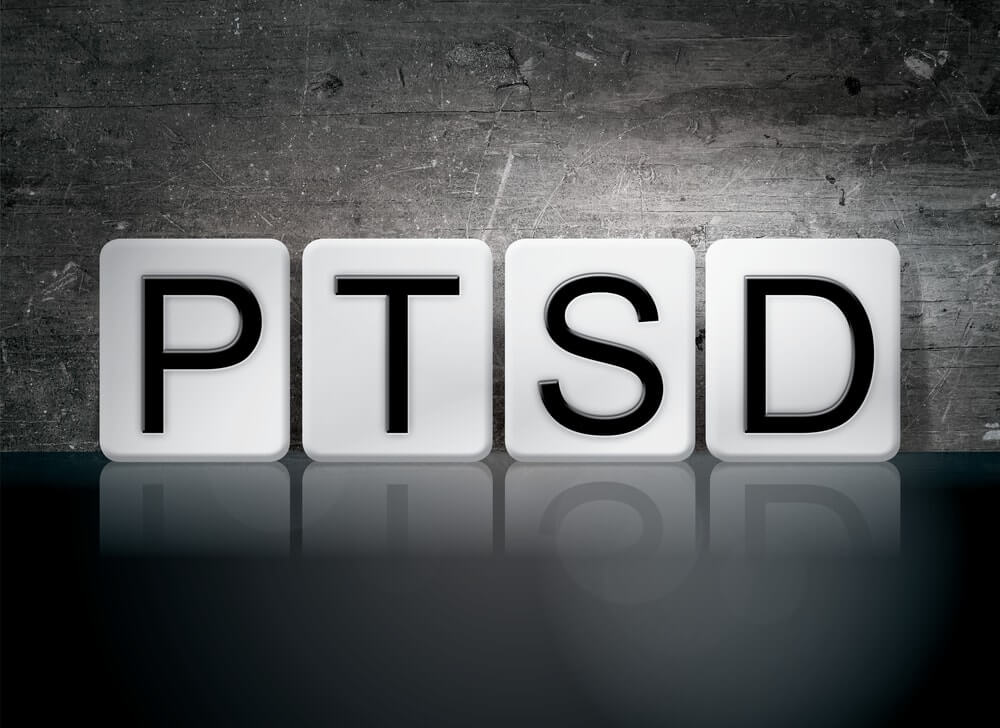Post traumatic stress disorder (PTSD) is a mental health condition that can develop after experiencing or witnessing a traumatic event, such as a natural disaster, a car accident, or military combat. The condition is characterized by a range of symptoms, including flashbacks, nightmares, and avoidance of reminders of the traumatic event.
According to the DSM-5, the diagnostic manual used by mental health professionals, the criteria for a diagnosis of PTSD include the following:
- The individual has been exposed to a traumatic event in which they experienced, witnessed, or were confronted with death, threatened death, serious injury, or sexual violence.
- The individual has at least one re-experiencing symptom, such as flashbacks or nightmares.
- The individual has at least one avoidance symptom, such as avoiding thoughts or feelings related to the traumatic event or avoiding activities, places, or people that remind them of the traumatic event.
- The individual has at least two arousal and reactivity symptoms, such as irritability, outbursts of anger, or difficulty sleeping.
- The individual has at least two cognition and mood symptoms, such as difficulty remembering aspects of the traumatic event, negative thoughts about oneself or the world, or distorted beliefs about the cause or consequences of the traumatic event.
- The symptoms have lasted for at least one month.
- The symptoms cause clinically significant distress or impairment in social, occupational, or other important areas of functioning.
It is important to seek help if you or someone you know is experiencing symptoms of PTSD. Treatment for PTSD can include medication, therapy, and lifestyle changes. Antidepressant and anti-anxiety medication can help to regulate the levels of neurotransmitters in the brain, such as serotonin and norepinephrine. These medications can take several weeks to start working, so it is important to be patient and continue to take them as prescribed by a doctor. In addition, ketamine therapy has been found to be quite effective in treating anxiety disorders such as PTSD, with major symptom relief often occurring after just one session of ketamine therapy,
In addition to medication, therapy can be an effective treatment for PTSD. A therapist can help an individual to better understand their thoughts and feelings, and to develop coping strategies for dealing with the symptoms of PTSD. Cognitive behavioral therapy (CBT) is a type of therapy that focuses on changing negative thought patterns and behaviors that may be contributing to the PTSD.
Lifestyle changes, such as regular exercise, a healthy diet, and getting enough sleep, can also help to improve symptoms of PTSD. Engaging in activities that bring enjoyment and a sense of accomplishment, such as hobbies or volunteering, can also improve mood.
While PTSD can be a challenging condition to live with, it is important to remember that it is treatable. With the right combination of medication, therapy, and lifestyle changes, many people are able to manage their symptoms and live fulfilling lives. If you or someone you know is experiencing symptoms of PTSD, it is important to seek help from a medical or mental health professional.

